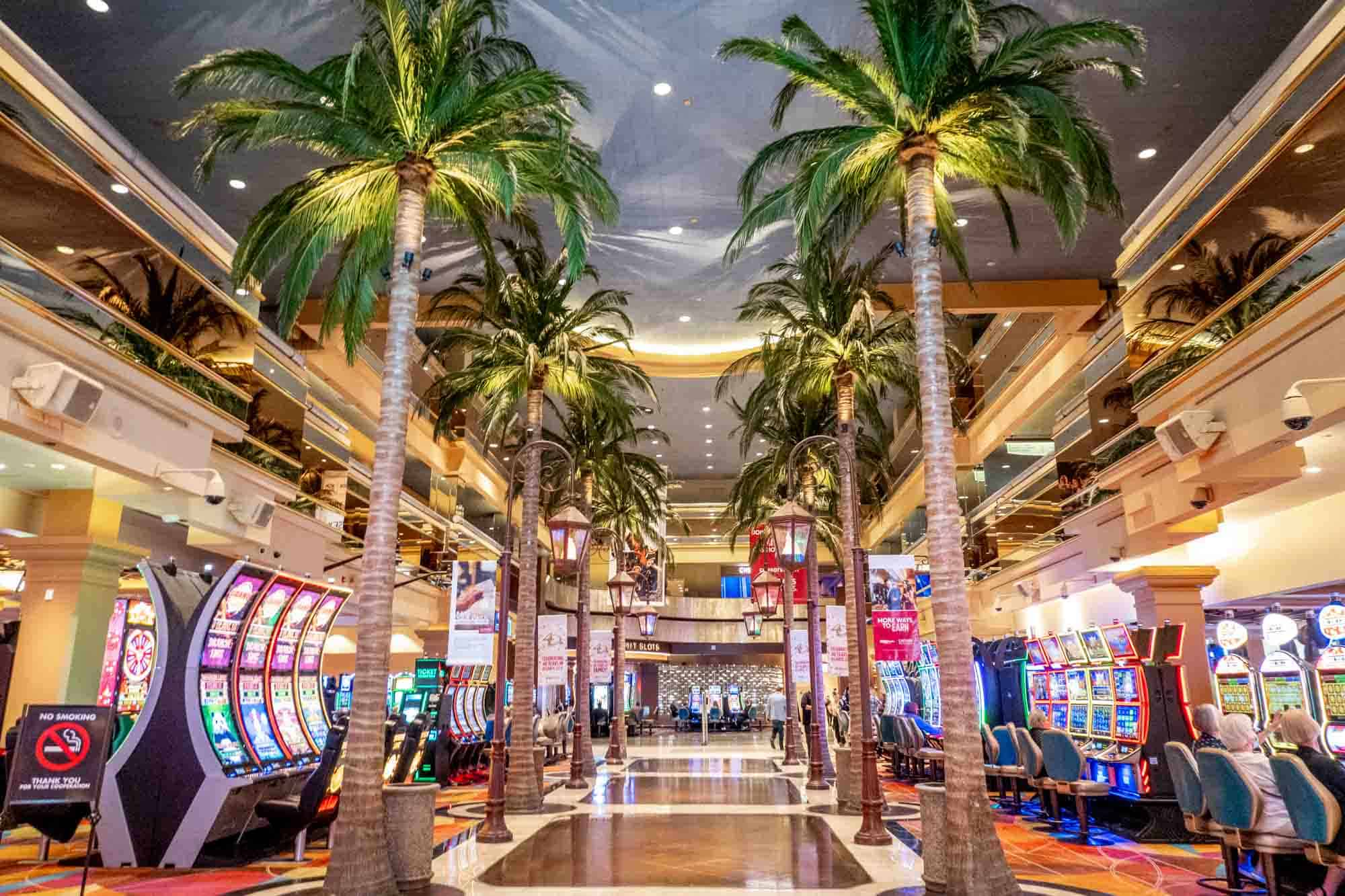
A realm of entertainment has seen many transformations over various years, but few have captured our creativity and excitement of players like casino games. Emerging in the bustling halls of Las Vegas, Nevada and Atlantic City, New Jersey, these entertainments have moved beyond boundaries and societies, becoming a worldwide phenomenon. Whether in the dazzling lights of a mega-resort to the convenience of virtual platforms, the allure of casino games is undeniable, luring millions into a realm of luck and tactics.
As an increasing number of nations accept gambling in multiple ways, the influence of U.S. casino games is evident. They have not only shaped local gambling markets but have also sparked countless adaptations and innovations globally. Classic games such as poker and the blackjack, along with modern variations, have created a common dialect of entertainment that connects across varied populations. The combination of risk, rewards, and social interaction found in these games fosters a unique sense of community, further solidifying their place in the international entertainment sphere.
Historical Summary of U.S. Gambling Activities
American casino games have a diverse and varied past that reflects the cultural development of the United States. The beginnings of these games can be linked back to multiple Europe’s gambling traditions introduced over by colonists. Activities like the poker game, the blackjack game, and roulette worked their way into the fabric of U.S. society in the 19th century, gaining popularity in saloons and riverboats. These places offered the ideal backdrop for social engagement and competition, laying a strong basis for casino gaming as we know it today.
As the nation moved to the west, gaming evolved in tandem with it. The gold rush era in the mid1800s saw the rise of gambling communities such as Deadwood and Tombstone, Arizona, where gambling activities were played with high stakes, often accompanied by an air of lawlessness. This period paved the way for the establishment of casino gambling in the early 20th century, notably with the establishment of Las Vegas, Nevada as a gambling hotspot. f168.run The building of opulent casinos transformed the gaming landscape, establishing an atmosphere where gambling activities could thrive and draw tourists from around the world.
In recent decades, the approval of casino gambling in various states has further diversified the range of activities available. American casinos now offer a combination of traditional games and new offerings that serve to contemporary players. This growth has enabled for a unique fusion of old and new, enabling the continuous evolution of casino gaming culture in the U.S.. The global influence of these games has also contributed to their inclusion into global gambling industries, showcasing the enduring influence of American casino games across the world.
Global Popularity and Impact
The growth of U.S. casino games has marked a notable change in the global gaming landscape. With their appeal crossing borders, these titles have captivated players around the world. From Texas Hold’em tournaments to fruit machines, U.S. styles have found a place in many international casinos. This transfer of culture emphasizes how adaptable and compelling these titles are, tailoring to local preferences while maintaining their timeless U.S. charm.
Additionally, the impact of these titles goes beyond conventional gambling venues. Online platforms have played a pivotal role in promoting American casino titles, making them accessible to gamers globally. The ease of online gaming has brought millions to experiences that were once limited to brick-and-mortar casinos. Players can now play their favorite games from any location, sparking a new wave of excitement and expanding the gamer base significantly.
This widespread embrace is also reflected in the incorporation of U.S. casino titles into local traditions. Countries that have adopted these games often organize their own versions and tournaments, mixing local customs with American gaming traditions. This blend not only enhances the gaming journey for participants, but it also underscores the strong impact that U.S. casino titles have on both entertainment and social interaction across different societies.
Cultural Adjustments and Improvements
Gambling games have undergone significant evolutions as they spread across different cultures. Every area has absorbed elements of American gaming while adding its own customs and habits. For instance, the rise of online casino sites has allowed for the integration of local character into classic titles like Texas Hold’em and 21. Gamblers now enjoy variations that incorporate regional wagering styles and distinct rules, making the games more relatable and welcoming for different audiences.
In many countries, the popularity of gambling games has resulted to the creation of localized versions that reflect cultural themes and narratives. This flexibility has opened doors for innovative game development that resonates with gamblers on a individual basis. Gaming machines, for instance, now showcase visuals and sounds that honor local heritage, legends, and pop culture, which in turn enhances the gaming adventure and fosters a feeling of belonging among gamblers.
Furthermore, the worldwide influence of American casino games has led to new game styles and hybrid styles. Some venues have merged traditional gambling with amusement aspects, such as live performances or interactive technology, resulting in a more immersive experience. These innovations not only attract a wider crowd but also guarantee that the essence of gaming continues to progress, connecting gaps between diverse communities while preserving the thrill that casino games are known for.
